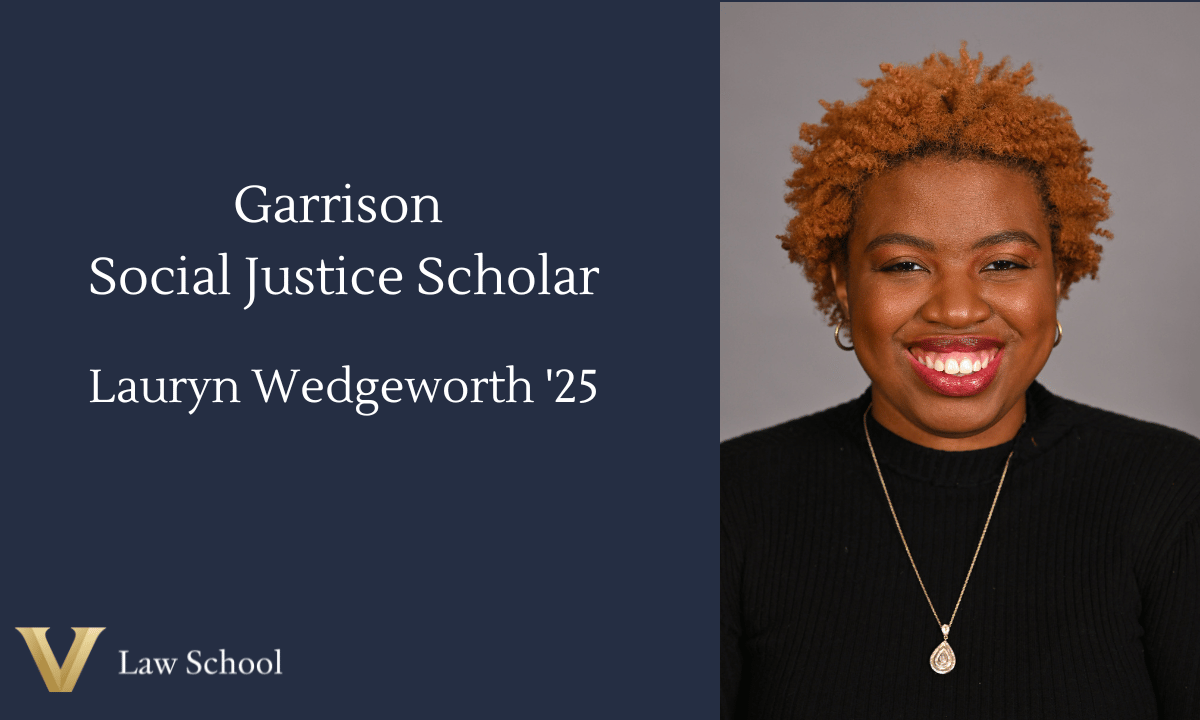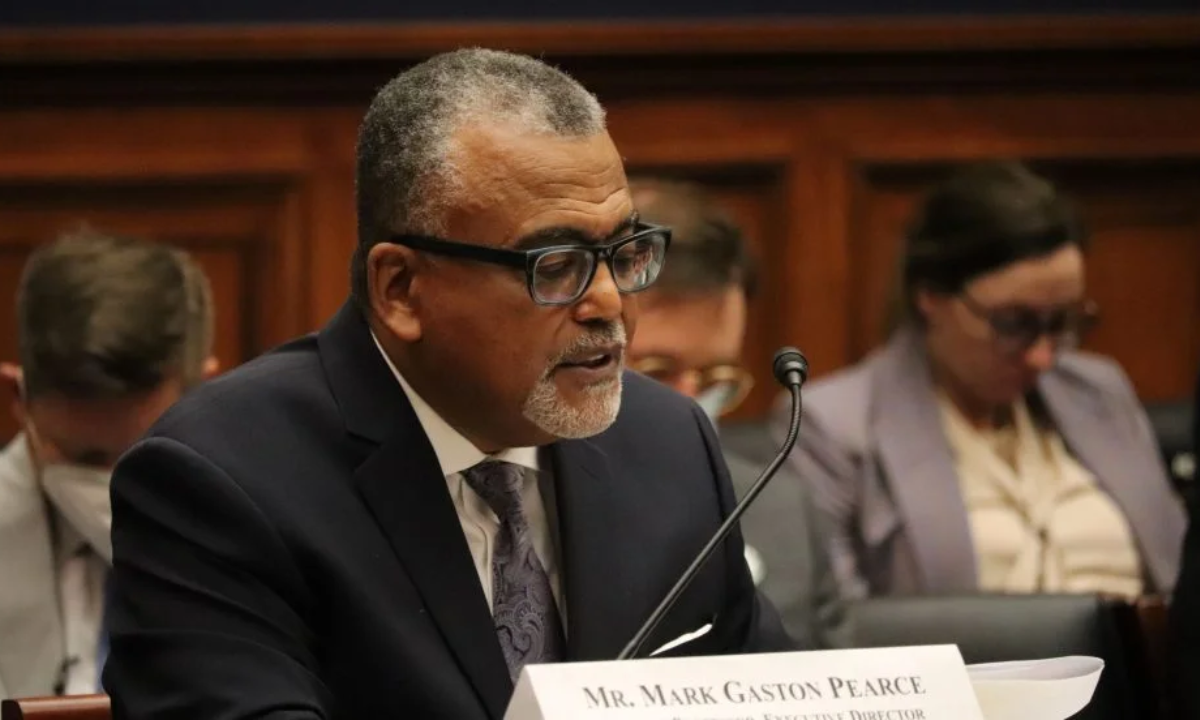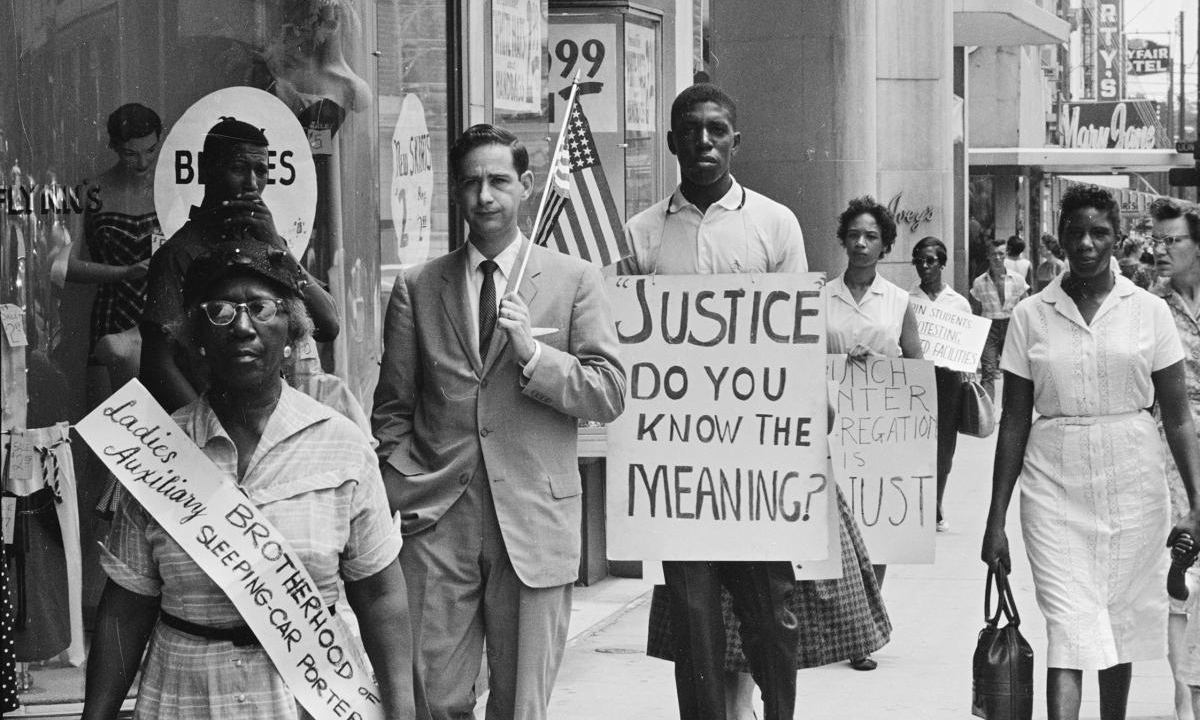Last month, Kent McKeever ‘12, the Barrett Distinguished Practitioner in residence at Vanderbilt Law School, hosted a workshop on “Building a Public Interest Law Career That Lasts.” McKeever, founder of Greater Waco Legal Services, has made it his mission to serve the public, understand his community, and find ways to provide affordable and accessible legal representation.
In this wide-ranging discussion, McKeever shared his own untraditional legal career journey as well as what he considered some of the most important things to keep in mind about their field. Here are a few takeaways from his talk.
Navigating uncertainty in law school requires grounding yourself. The first concern McKeever kicked off the discussion by highlighting the uncertainty many law students face about planning their careers. He references his own time at Vanderbilt, when he felt unsure what direction to take. One thing never faltered though– his passion for his community. “With public service, you become part of something bigger than yourself; you become part of a community and your service to them is incredibly rewarding,” he said. McKeever encouraged students to ask themselves whether what they were doing felt right to ground themselves.
Broaden your definition of success. McKeever noted that, in law school, success is often tied to winning cases or earning the most money, and if you define yourself by these standards, a career in public service may discourage you. Public interest lawyers have to be able to roll with the punches, whether it’s facing compromise or facing failure. That’s why, for McKeever, the advocacy behind his work is just as important as the lawyering part – “even if you don’t win cases you can still advocate for the people you were aiming to serve,” he said.
Balance your financial security with fulfillment. McKeever discussed the financial concerns with entering the public sector versus the private one, a common component of the law school experience. McKeever addressed the concern by repeating his call to make choices based on what feels right and what is enjoyed most. He faced a crossroads in his own career when he was offered a job in the private sector that could provide security, which he ultimately turned down to pursue work that he would find more fulfilling. Even though financial concerns are a deciding factor for many law students in pursuing public interest law, he reminded students that “you will be a better lawyer by tenfold if you enjoy doing what you do.”
Be mindful of burnout and mental health. McKeever noted that focusing one’s law practice on small-scale communities and individuals who need significant help can be taxing. In a system where millions of people do not qualify for free legal aid yet cannot afford private attorneys, sometimes the most effective thing public interest lawyers can do is educate involved parties or research ways to get affected communities greater legal representation.
Still, the emotional burden and inability to solve everyone’s challenges take a toll on public interest lawyers. “You go into this work because you do care, so it will be impossible to separate those feelings from your line of work,” McKeever said. In order to mitigate these challenges, he advises students to find outlets where they can transcend mental fatigue. “There must be some way for you step back and connect with the world instead of just staring at piles of cases all the time.”
Public interest law in becoming more interdisciplinary everyday. McKeever concluded by emphasizing the growing demand for services related to healthcare law, financial law, and education law, amongst other disciplines, that aid communities in over overlapping ways.


